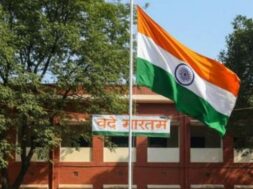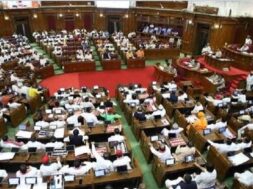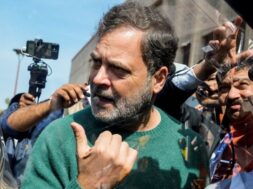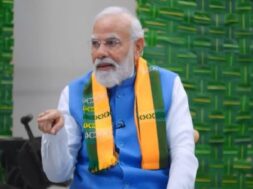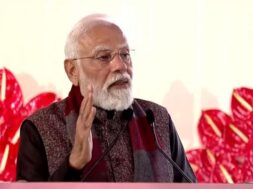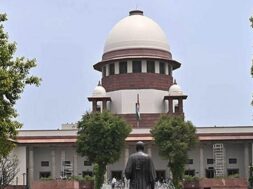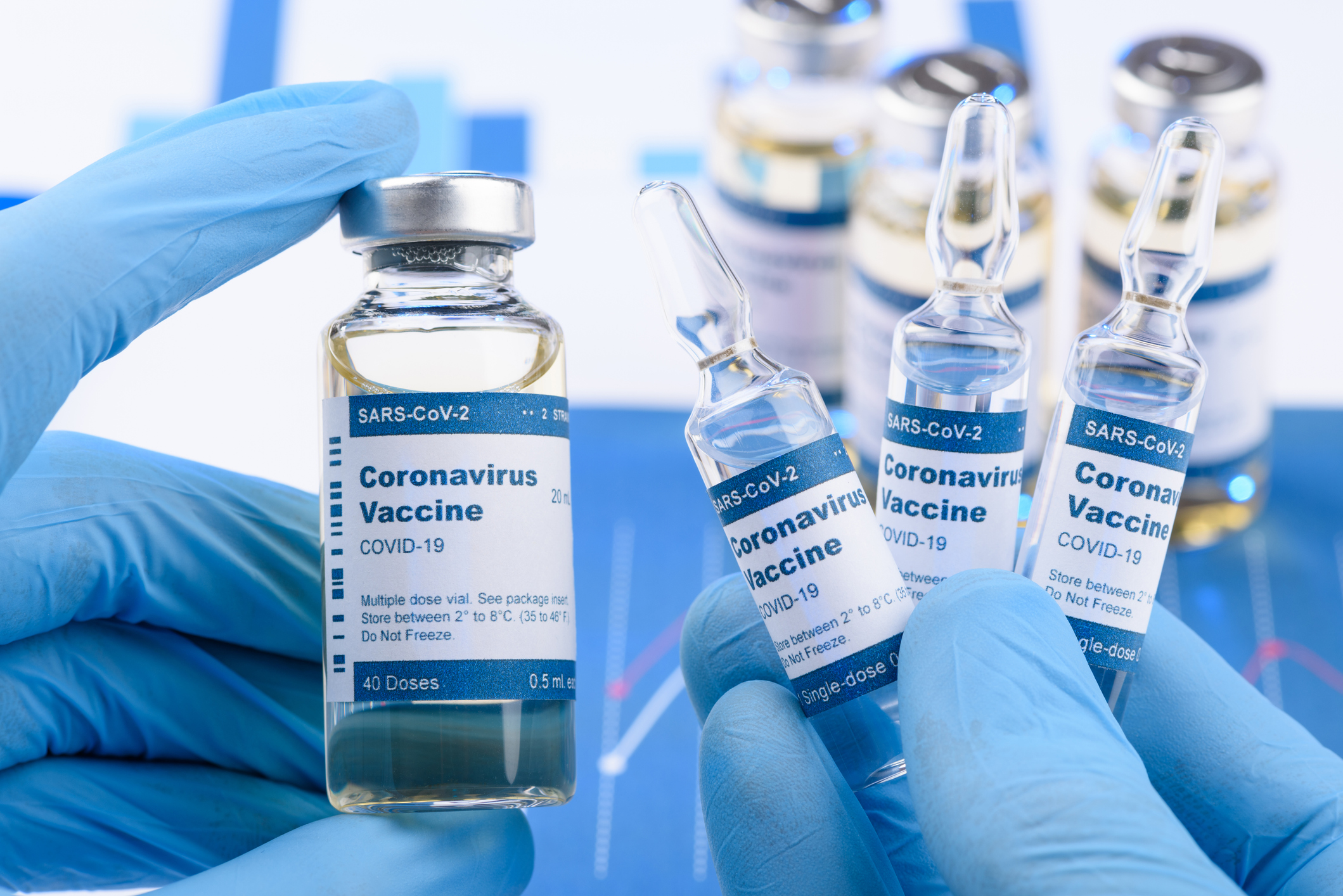
Manas Dasgupta
NEW DELHI, May 13: Bringing yet another change in its vaccination policy, the centre on Thursday recommended a wider gap of 12 to 16 weeks between two doses of Covishield vaccine for “better efficacy.”
No change, however, has been suggested for injecting Covaxin which remained at four weeks.
The government said the new time gap had been suggested by the National Technical Advisory Group on Immunization which also said pregnant women could choose their vaccine and that lactating women would be eligible any time after delivery.
Under the existing policy, both the pregnant and lactating women have been advised against going for vaccine till the experts decide on the safe period.
The panel also stated that those having laboratory test proven SARS-CoV-2 illness should defer Covid-19 vaccine till six months after recovery. The panel further noted that for those infected with COVID-19 and have received plasma during their treatment should get vaccinated at least after 12 weeks, a senior Health Ministry official said on Thursday.
According to the Union Health Ministry’s current protocol, vaccine is to be taken four to eight weeks after recovery from Covid-19 infection and pregnant and lactating women are not to be administered the shots.
The changes brought in some criticism in the social media with people asking whether the advice have come from the experts or they had been told to recommend wider gap because of the shortage of vaccines in the country. “First, it was four weeks for the second dose, then six-eight weeks and now we are told 12-16 weeks. Is this because there are not enough stocks of vaccines… or because professional scientific advice says so?” several opposition party leaders questioned.
The government said these recommendations would be sent to the National Expert Group on Vaccine Administration (NEGVA) for approval before they are implemented.
“Based on the available real life evidence particularly from the UK, the Covid-19 working group agreed for increasing the dosing interval to 12-16 weeks between two doses of Covishield vaccine. No change in interval of Covaxin vaccine doses was recommended,” official sources said.
This is the second time in three months that Covishield dosage intervals have been widened. In March, states and UTs were told to increase the gap from 28 days to six-eight weeks “for better results.” The panel also rejected the proposal for routinely screening all vaccine recipients with rapid antigen testing prior to Covid vaccination.
Meanwhile, Public health advocates and intellectual property rights experts have accused the Narendra Modi government of having adopted a dual policy at the international level and at home on vaccine patenting policy. While India along with South Africa has initiated a proposal for a temporary waiver of certain provisions in the Agreement on Trade-Related Aspects of Intellectual Property Rights (TRIPS) to facilitate fair, affordable and universal access of COVID vaccines and medicines, especially for developing countries, it has taken a contradictory stand in the Supreme Court where it showed reluctance to do away with the intellectual property rights and ask Hyderabad-based Bharat Biotech to share its Covaxin formula with other interested vaccine manufacturers in the country to ramp up vaccine productions. Bharat Biotech also has strongly reacted to the demands to this effect from some opposition parties.
The experts pointed at the “contradiction” in India’s global push for suspension of intellectual property protection with its stand in the Supreme Court in an affidavit on May 9 which stated that bringing Covid-19 vaccine under a statutory regime would be “counter-productive” at this stage.
The October, 2020 communication to the TRIPS Council of the World Trade Organisation (WTO) referred to “several reports about intellectual property rights hindering or potentially hindering timely provisioning of affordable medical products to patients”.
The two countries had highlighted that some WTO Members had carried out urgent legal amendments to their national patent laws to expedite the process of issuing compulsory/government use licences.
“Internationally, there is an urgent call for global solidarity, and the unhindered global sharing of technology and know-how in order that rapid responses for the handling of COVID-19 can be put in place on a real-time basis,” they stressed in October last year.
The United States has recently conveyed its support for an intellectual property waiver for COVID-19 vaccines.
However, the May 9 affidavit in the apex court showed the government was taking a different stand in favour of protection of intellectual property rights.
“Any exercise of statutory powers either under the Patents Act, 1970 read with TRIPS Agreement and Doha Declaration or in any other way can only prove to be counter-productive at this stage,” the Centre has said in the affidavit.
The government assures that it is “very actively engaging itself with global organisations at a diplomatic level to find out a solution in the best possible interest of India.”
In fact, the Centre even goes to the extent of issuing a word of caution that “any discussion or a mention of exercise of statutory powers either for essential drugs or vaccines having patent issues would have serious, severe and unintended adverse consequences in the countries efforts being made on global platform using all its resources, good-will and good-offices through diplomatic and other channels.”
An April 30 order of the Supreme Court had “flagged” the legal framework within which the Centre could “possibly consider compulsory licensing and government acquisition of patents.” The top court also gave the Centre freedom to “choose any other course of action that it deems fit to tackle the issue of vaccine requirements in an equitable and expedient manner, which may involve negotiations with domestic and foreign producers of vaccines.” It had underlined that the Centre should act in a way that public interest was of “paramount importance.”
However, not all are impressed by the balancing act. They have called for urgent steps for compulsory licensing of COVID vaccines and drugs to ramp up production and availability.
“The very purpose of the TRIPS waiver proposal is to end the monopoly on production and supply of medical products, including vaccines, and facilitate the scale-up of production of diverse manufacturers. The reluctance of the government to license the Covaxin technology to all potential producers and scale up its production reinforces vaccine monopoly. This approach of the government not only contradicts its position as a co-sponsoring country of the TRIPS waiver proposal but also compromises the moral high ground and negotiating capital at WTO,” the experts observed.
The experts have pointed out that while the government’s stand on protecting the intellectual property rights of Covishield which was developed by AstraZeneca pharma company along with Oxford University and Pune-based Serum Institute of India was only manufacturing it in India under license, the government could have taken a different stand on the purely India-made Covaxin developed by Hyderabad-based Bharat Biotech in collaboration with the Indian Council of Medical Research (ICMR) and the National Institute of Virology (NIV), both public sector organisations.
